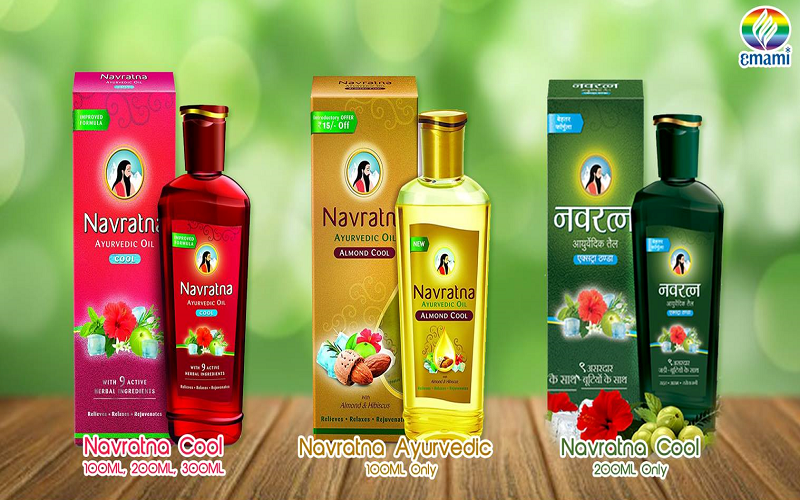Cultural Significance of Ayurvedic Oil in Indian Traditions
Ayurveda, the traditional Indian form of medicine, has been credited with providing a medical regime that focuses on the complete well-being of the physical as well as the spiritual aspect of the human body. Ayurvedic oils are one of the significant products that the culture of India has given to the world since they provide remarkable benefits and contribute positively to the health of the nation. The traditional Ayurvedic hair oil called Navratna oil is a perfect example of the cultural values tied with such treatments. This blog will take a closer look at the culture of Ayurvedic oils and, in particular, the head massage oil.
The Roots of Ayurveda
Ayurveda is derived from two Sanskrit words ’Ayur’ meaning ’Life’ and ‘Veda’ meaning ’Science’. This tradition is more than 5000 years old. This system is one of the oldest and is centered on the general equilibrium of the three parts that make the self, which are body, mind, and spirit.
Ayurvedic Hair Oils: Traditional Focus On Care
Hair care is a significant aspect of the Indian tradition of maintaining health and wellness. In this tradition, Navratna oil and many other types of ayurvedic hair oil are not only prescribed for healing or medical purposes of patients but are also employed to convey positivity and kindness in households.
Navratna Oil: Altruism As The Basis Of Existing And Developing Social Relations
It is important to note that Navratna Oil has a good reputation in the market since it is made of natural herbs and organic products. It is generally referred to as a ‘cooling oil,’ as it is said to rid the user of stress and encourage much-needed rest. The various essential ingredients used in the manufacture of Navratna Oil that include menthol, camphor, and Ayurvedic herbs are chosen keeping in mind the effects that they have on the scalp and hair.
The Head Massage That Can Change Your Life
Head massage, or ‘champi’, has always been a part of the Indian tradition and is done from generation to generation. The benefits of Navratna Oil, or any other Ayurvedic oil when giving a head massage, are not only physical but emotional too.
Cultural Significance In Everyday Life
Ayurvedic oil massages are a traditional practice all over the Indian subcontinent, where oiling is not just a method of healing but a community ritual symbolizing love. In many households, especially in India, mothers apply Ayurvedic oils to their child’s scalp, which also entails a touch of love along with the oil. This practice is regarded as a way to enhance family bonds and create positive feelings in individuals.
Festivals and Special Occasions
Festivals and special occasions are when Ayurvedic oils have certain importance in the ritual. During festivals such as Diwali and Navratri, head massage oil or ayurvedic oil for pain is used during massage. In Indian traditions in their pure form, these ceremonies work to cleanse the mind and the body of any contaminants that may hinder a person from fully engaging in the spirit of the festive occasion. Their use in religious or other ceremonies in India proves that these oils are an important part of the culture.
Conclusion
The role of Ayurvedic oils in Indian culture is quite enormous. Navratna oil is a precise blend of Ayurvedic hair oil and specific ingredients that have a healthy and therapeutic effect, while promising users a feeling of health, peace, relaxation and wellness. From daily head massages, through birthday celebrations and weddings, to all other festive occasions and events, Ayurvedic oils have a prominent place in Indian society. These acts not only have benefits in physical and mental health but they also in nurture relationships, replenishing emotional status, and cultural ethos. The use of oils such as Navratna oil in compliance with the principles of Ayurveda enables us to engage with the traditions of harmony and rich culture.

